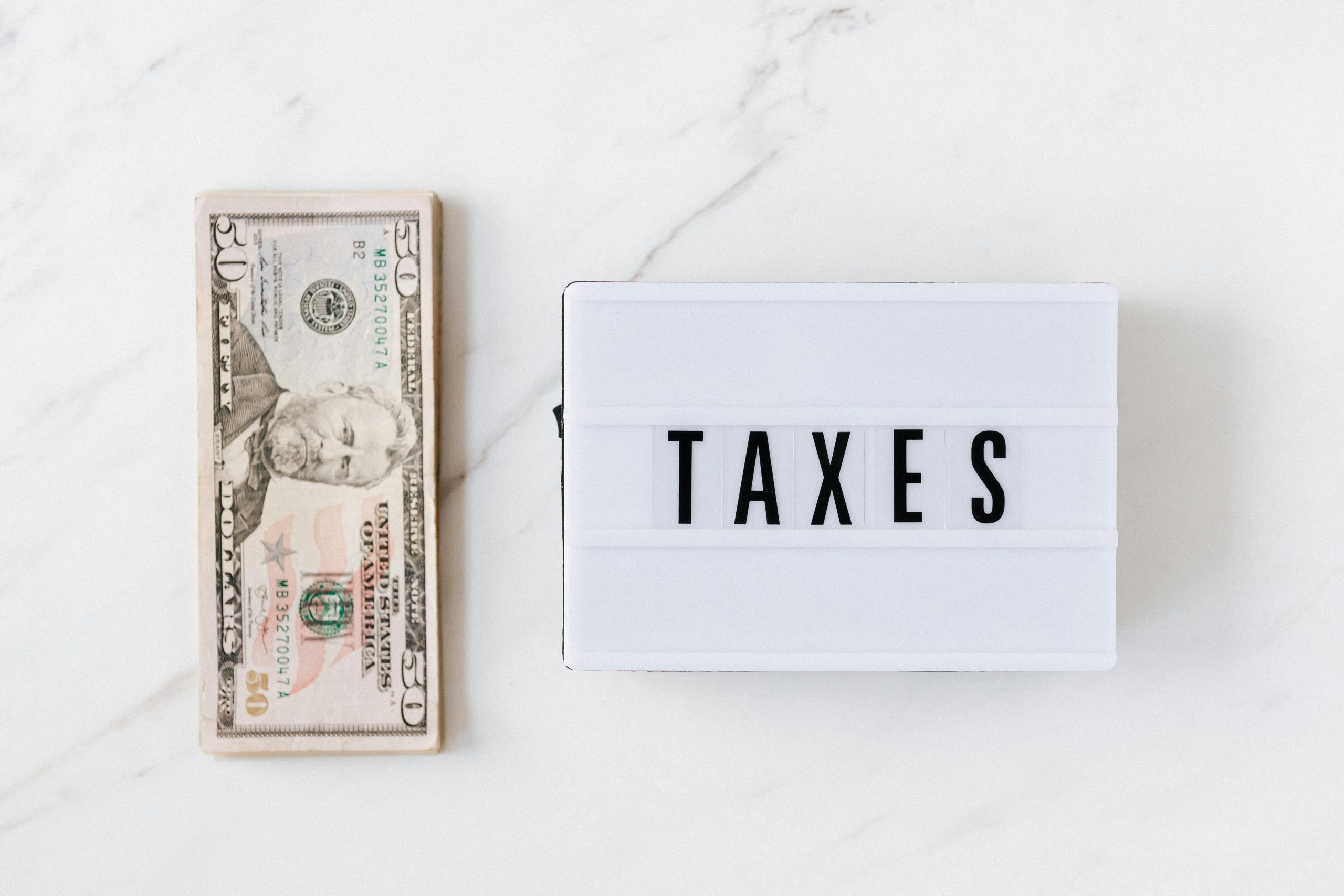Navigating a different currency and staying on budget
Welcome to the world of travel, where excitement meets uncertainty. As you embark on new adventures in different countries, one factor that can greatly affect your trip is currency exchange. Navigating a different currency is not only a matter of understanding the conversion rates, but also staying on budget. In this article, we will provide you with essential tips to make the most out of your budget and make your trip a smooth and unforgettable experience. So, let’s get started!
Understanding the basics of currency exchange
Before delving into the details, let’s brush up on some basic knowledge about currency exchange. Every country has its own currency, and the exchange rate determines the value of one currency compared to another. For instance, if you are traveling from the United States to Europe, you will have to exchange your US dollars to euros in order to make purchases.
The exchange rates fluctuate constantly, so it is important to keep track of them before and during your trip. This can easily be done through various online currency converters and apps, such as XE Currency and Oanda.
Plan your budget ahead of time
The key to staying on budget when dealing with a different currency is planning ahead. Before your trip, research and estimate the expenses you will have to cover, such as accommodation, transportation, food, and activities. This will give you an idea of how much you need to convert and budget accordingly.
It is also important to consider any additional fees that may be incurred when exchanging currency, such as transaction fees and commission rates. You can minimize these fees by exchanging larger amounts at once or by using credit or debit cards that offer lower fees for international transactions.
Keep track of your spending
Just like with any budget, tracking your spending is crucial to staying on track. Keep a record of all your purchases in the local currency and regularly convert it to your home currency to get an idea of how much you have spent so far. This will help you adjust your expenses accordingly and avoid overspending.
You can also download budget tracking apps, such as Trail Wallet and Travel Budget, to help you keep track of your spending. These apps allow you to input your budget, record your expenses, and track your remaining budget in real-time.
Research local tips and customs
As you navigate your way through a different currency, it is also important to understand the local tips and customs. In some countries, tipping may not be common or may be included in the bill, while in others it is expected. Knowing these details beforehand can help you avoid any awkward situations and also save you some money.
It is also helpful to research the local customs and prices before making any purchases. For example, bargaining may be expected in some countries, while fixed prices are common in others. Being aware of these customs can help you make better decisions and avoid overspending.
Be mindful of exchange rates
Exchange rates can greatly affect your budget, especially if you are traveling to a country with a weaker currency. This means that your home currency may have a higher value and it’s important to take advantage of this when exchanging money. Look for favorable exchange rates and compare them before making the conversion.
It’s also important to keep an eye on exchange rates throughout your trip. If the exchange rates suddenly drop, you may want to hold off on exchanging more money until the rates improve to save yourself some money.
Consider using alternative forms of payment
Exchanging currency may not always be the most convenient option. Fortunately, there are alternative forms of payment that can help you avoid currency exchange altogether. For instance, using credit or debit cards that offer favorable international fees or using digital payment methods like PayPal can save you time and money.
You can also opt to withdraw money from local ATMs, but be aware of any additional fees that may be incurred. Some banks also offer travel credit or debit cards that do not charge any international fees, so it’s worth researching and considering these options before your trip.
Final thoughts
Navigating a different currency can seem daunting at first, but with proper planning and research, it can be a smooth and budget-friendly experience. Remember to plan ahead, track your spending, understand local customs, and keep an eye on exchange rates. By following these tips, you can make the most out of your budget and enjoy your trip to the fullest. Happy travels!










